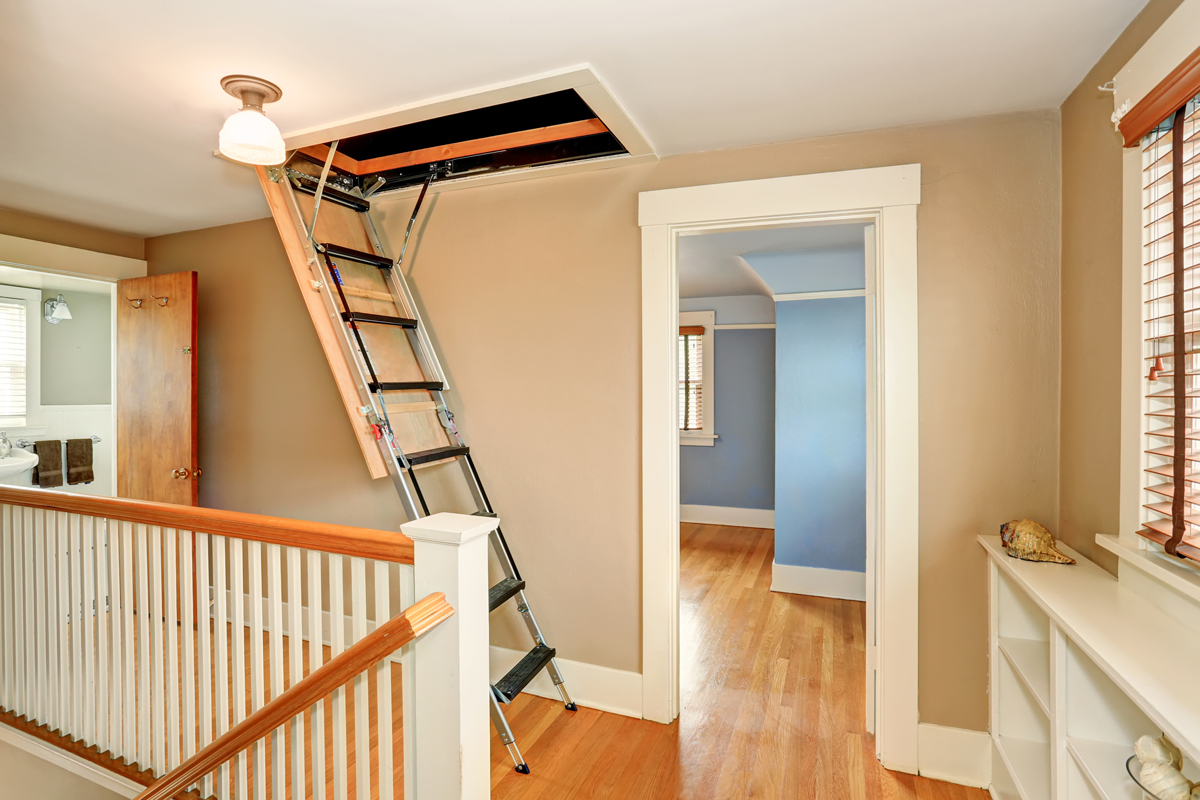The is part two in a 3-part series about selling your home when you’re not there—whether it’s a property you inherited, you moved for work, or an investment property you absentee-own. Part One talks about the property itself, Part Two focuses on the mechanics of being on the market, inspections, etc., and Part Three focuses on the actual closing process.
By Deborah Rutter
You’ve moved out for whatever reason, and your property is now vacant and you’d like to sell. Maybe you got a great job elsewhere, had a tenant who left, or found the ideal house far away. Fear not! There are strategies you and your agent can employ to make sure that your absence is a feature and not a liability.
1. First, be sure there is an electronic lockbox, not one of those push-button things. Any agent who has a busy real estate practice is using an electronic entry system to keep track of who goes in where and when among their listings. When a seller is on site, this is much easier to do since there is usually coordination with a seller. When a property is vacant, regular showings are easier for buyer agents, but your agent should also keep track of who is entering. With an electronic notification there is a system in place to alert the agent and in turn the seller, of showings, both for feedback purposes and to know who last-showed in case there are issues.

2. If the house is mostly free of stuff, but not completely and you are using personal items for staging or the property for storage, be sure potential clients know what stays with the house and what doesn’t. (You don’t want a potential buyer falling in love with a statement light fixture to later find out you’re taking it with you.) This can be a note at the house, a message in the MLS to other agents, etc. Different states have different requirements for how personal property is handled, so be sure you have a plan in place that centers on clear communication.

3. Depending on your sales contract, the condition of the house from the time it goes under contract to closing may need to the same condition. If the heating system worked during the inspection or due-diligence phase, but pooped out 2 days before closing, that’s an issue. Merely having a house with an active contract doesn’t mean you can step away from problems just because you’re far away.

4. And speaking of inspections? I help my seller-clients get ready to sell in several ways; the listing agreement, clean-up and staging, professional pictures, but also right before any inspections. You’re gone, but your agent should go over to the house and help eliminate the minor issues that come up! Things like lights not working, keys missing to doors, garages, or sheds, stuff in front of electrical panels, water heaters blocking access, attic stairs that don’t pull down or go back up easily, etc. You don’t want to be saddled with requests for repairs for minor things that are confidence-busters for buyers during what is often the emotional low-point for purchasers.

If there IS substantial work to be done—whether because of inspection issues, emergencies or otherwise—your agent can help you identify who to call, schedule time to meet and explain what needs to be done, do the follow-up, and make sure an invoice is produced and paid. If you have people you know or trust, great. But your agent is a go-to resource if you don’t. Be sure you understand your contract very thoroughly; some require that paid receipts are available by closing for work to be done as part of the inspection process. So if you have a friend or family member provide work for you, that might still need to be done to comply.
Getting through the contract process even if you’re miles, states, or countries away isn’t uncommon and shouldn’t deter you from moving ahead with your journey! It just requires a bit of up-front planning that your agent can can help you manage, no matter where you call home.
Check back next week when we post Part Three of this three-part series.
Deborah Rutter is an Associate Broker at Nest Realty with passion for teaching. She knows buyers and sellers make the smartest decisions for themselves when they are armed with data and insight. She has taught first-time homebuyer education classes, and is a featured contributor on our blog.
